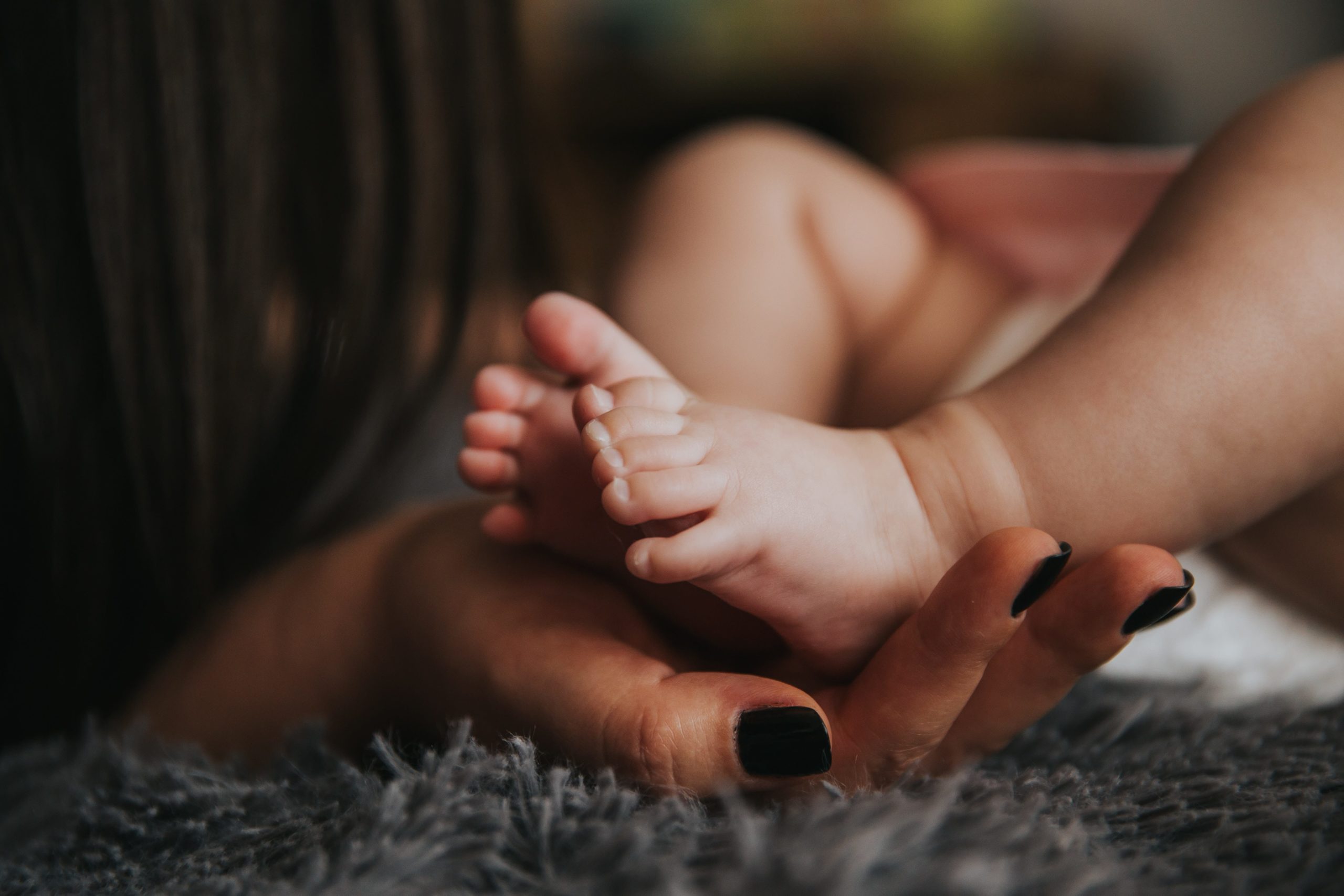Q Ever since I had a baby, sex is painful for me. It’s making me dread sex. I don’t want to talk to my doctor because I’m too embarrassed.
Quite frankly I am in awe of any women who has been through pregnancy and childbirth. I can’t imagine ever wanting sex again after sex leading to the pain of giving birth! Or ever having the energy to have sex, looking after a baby!! So big thumbs up from me for even going there! (I have a gorgeous stepdaughter but I didn’t have to give birth to her!)
First up, reassurance. It’s normal for sex to hurt after childbirth.
And, of course, you’ll dread sex if it’s painful. You say don’t want to talk to your doctor but I sincerely hope you’ve spoken with your partner and aren’t just gritting your teeth and putting up with it.
One reason why you really must see your doctor is that it’s their job to help guide you through all this. They will give you the go ahead of when it’s OK to start having sex again. It’s usually around six weeks after but that depends on the person. If you had an episiotomy or a tear, you might be susceptible to a vaginal infection if you have sex too early. You should also wait for all postpartum bleeding to have stopped.
A physical examination is an absolute must before you go any further. I can’t emphasise enough how important it is for you to see your doctor. If you feel embarrassed seeing the doctor you see all the time, ask to see a different doctor. If you don’t want to talk to a male doctor, ask to see a female doctor. Tell them it’s because you want to talk about a personal female issue, and you feel more comfortable talking to a woman. This isn’t something to feel embarrassed about. It’s a physical problem that’s happened because you’ve done the most natural thing in the world – had a baby! Please don’t be embarrassed.
I can give you information here and there are plenty of chat groups you can join and tons of information online but you MUST have a physical examination before you go any further. I would stop having sex until that’s done.
It’s also usual for sex to feel different after childbirth.
Some women say they feel tender, others have shoot-through-the-roof pain. It’s normal to feel dryer than you did before – breast-feeding suppresses oestrogen – which can hinder lubrication and make sex uncomfortable. When you resume having sex, using a good quality lube is essential. I’d recommend a position where there’s shallow penetration rather than deep – maybe side by side. Or you on top where you’re in control of everything.
Stitches can also cause issues.
You need to make sure you don’t put pressure on them. Take it slow and get him to insert slowly and let you get used to him before going deeper. It can feel weird his end as well. You need to talk to each other to navigate all this. I remember talking to one couple who’d just had a baby and he said intercourse felt like ‘putting his hands in a cutlery drawer with lots of knives’. I think he was referring to feeling internal stitches. All I could think was, if it felt like that for him, imagine how it felt like for her! Sometimes using lube and the right position will fix it but if you’ve had a significant tear, it can take months to heal.
You are not alone with this.
One study showed nearly all women who’ve given birth experience pain with intercourse even six months after delivery.
You need to be kind to yourself, talk with your partner and explain that it’s hurting. Make sure you’re relaxed before sex. Have a bath. Make sure you have enough foreplay. In fact, if penetration hurts badly, avoid it for a while and have oral sex or use sex toys to get yourself back into the groove of being intimate with your partner.
Most of all, wait until you’re emotionally ready. When something has been painful, our body tenses up, expecting that pain again. This, of course, means sex will be painful because you need to be relaxed for the vagina to expand and lubricate so you find it comfortable.
If sex is still painful months after this, go back to the doctor or your gynaecologist again. There might be scar tissue at the site of the tear. Sometimes, it’s because you’ve been stitched up too tightly or an infection could be causing it.





